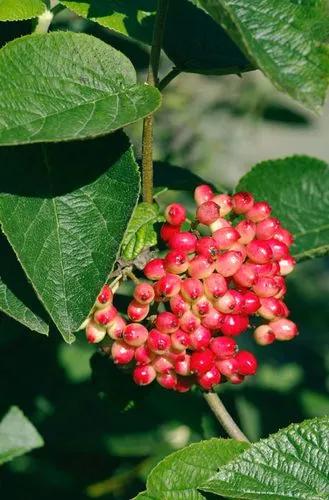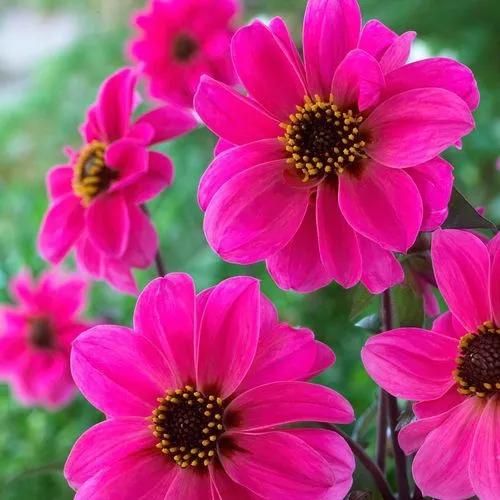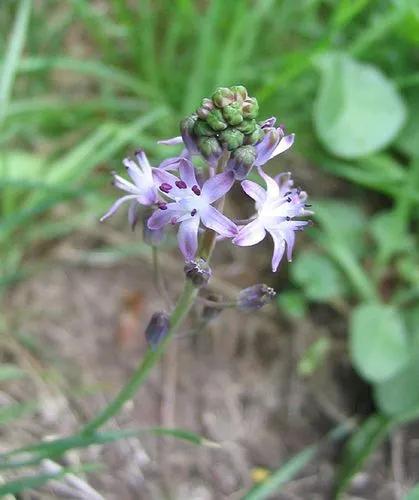It is a shrub growing to 1–2 metres (3 ft 3 in–6 ft 7 in) tall. The leaves are in opposite pairs, 5–10 centimetres (2.0–3.9 in) long and broad, three- to five-lobed, the lobes with a serrated margin, and the leaf surface has a fuzzy texture. There is a diverse manifestation of autumn color with this species from pale yellow to bright yellow to orange or pink, rose, or red-purple depending on the light exposure.
Vibernium Care
Viburnum Acerifolium L.



How to Care for the Plant

Water

During hot weather, the shrubs should be watered every 7 to 10 days. Little pruning is necessary, though some species can be trained to form tree-like plants by removing competing stems.

Pruning

Leggy shoots can be trimmed back in early summer to maintain the shrub's form. Broken, dead, or diseased branches should be removed as soon as you notice them.

Fertilizer

Most viburnums need little more than one application each year of a balanced, time-release fertilizer mixed into the soil in spring. Once well-established, most shrubs do well without any feeding.

Sunlight

Full sun, partial shade.

Soil

Viburnums will grow in just about any type of soil, but they prefer slightly acidic, moist, but well-drained soil.

Temperature

Hardy plant – withstands winter low temperatures.

Container

Plastic or clay
Discover more plants with the list below
Popular articles






